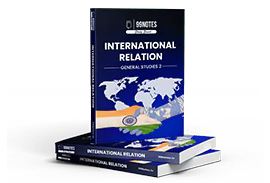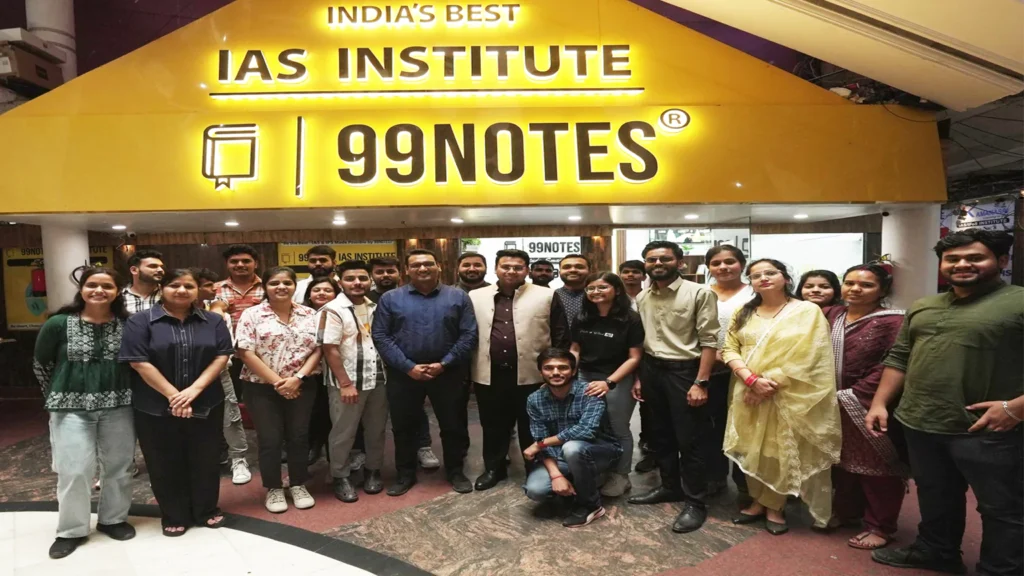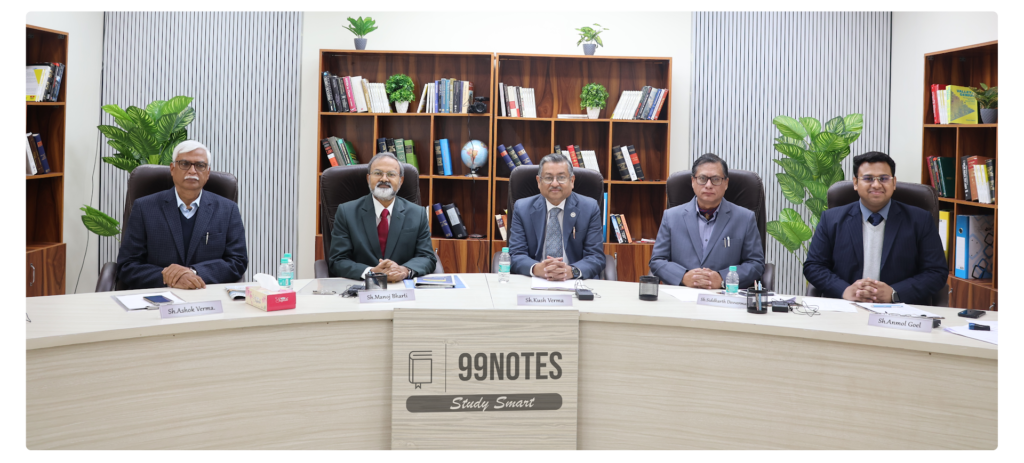The
Pioneers of Self-Study Ecosystem
Welcome to 99Notes, we are an organization dedicated to students who wish that educational material must not be restricted behind the pay-wall. We aim to build a sustainable self-study ecosystem by providing high-quality study material for the Government examinations at almost free of cost.
UPSC Study Material & Notes
Complete coverage of all topics along with PYQs from UPSC & State PSCs.
UPSC Study Material And Notes
Check Upcoming Batches at 99notes
UPSC Classes in Delhi by 99notes Best UPSC Coaching Institute
Join 99Notes, Top IAS coaching in Delhi, and take first step on a journey towards becoming an IAS officer. Our commitment to quality education, experienced faculty, and personalized guidance make us the best UPSC coaching in Delhi. Register now for UPSC Training in Delhi:
UPSC Current Affairs
Best UPSC Coaching Institute in Delhi
With Affordable Course Fees & Finest Quality UPSC Notes
FAQ’s Related to Best IAS Coaching in Delhi
Reason Why is 99Notes is Best UPSC Coaching in Delhi?
Experienced Faculty: The best IAS coaching in Delhi is characterized by a team of seasoned professionals who have a deep understanding of the UPSC syllabus and examination pattern. At 99Notes, our faculty members are committed to providing the best IAS course in Delhi, equipping students with the right strategies and techniques to ace the IAS exam.
1. Experienced Faculty
The best IAS coaching in Delhi is characterized by a team of seasoned professionals who have a deep understanding of the UPSC syllabus and examination pattern. At 99Notes, our faculty members are committed to providing the best IAS coaching in Delhi, equipping students with the right strategies and techniques to ace the IAS exam.
2. Comprehensive Study Material
The best IAS coaching in Delhi offers comprehensive study material that covers all topics in the UPSC syllabus. At 99Notes, our study material is meticulously curated and regularly updated to include the latest developments and trends, ensuring our students are always ahead of the curve.
3. Regular Mock Tests and Assessments
The best IAS coaching in Delhi believes in the power of regular assessments. At 99Notes, our IAS coaching program includes regular mock tests that mimic the UPSC exam pattern, providing students with a realistic experience of the exam.
4. Personalized Guidance
The best IAS coaching in Delhi understands that every student is unique. At 99Notes, our faculty provides personalized guidance to each student, helping them overcome their weaknesses and build on their strengths.
5. Affordable and Accessible Education
The best IAS coaching in Delhi should be affordable and accessible to all. At 99Notes, we believe in making quality education affordable and accessible to all. Our IAS coaching program in Delhi is competitively priced, ensuring that every aspiring IAS officer can benefit from our top-quality coaching.
Choosing the best IAS coaching in Delhi is a crucial step in your journey to becoming an IAS officer. At 99Notes, we are committed to providing the best IAS coaching in Delhi, helping you navigate your IAS journey with confidence and ease. Join us today and take the first step towards a rewarding career in the Indian Administrative Service with the best IAS coaching in Delhi.
Info@99notes.in
Address
5B, Pusa Rd, opp. to Metro Pillar no. 110, near Karol Bagh Metro New Delhi-110060
Phone
+91-9654638994





















